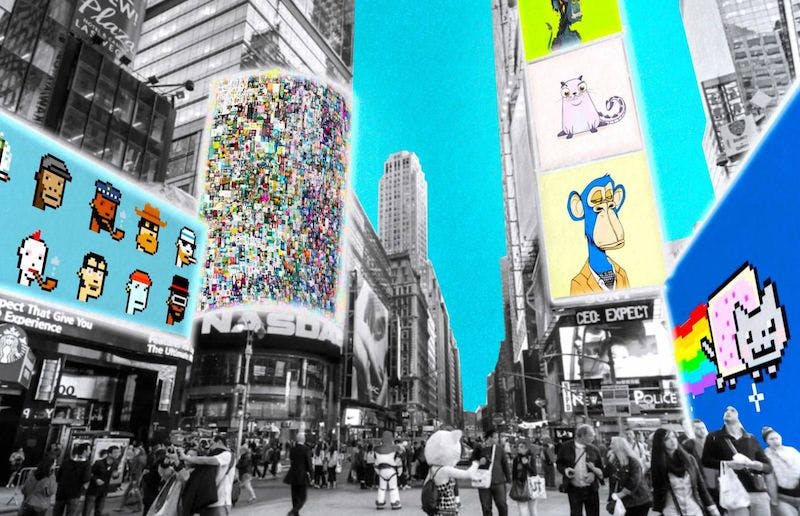701 reads
NFT Marketplace Entrepreneurs Seek to Cut Out the Middleman
by
November 11th, 2021
Audio Presented by
About Author
Journalist, crypto investor
Comments
TOPICS
Related Stories
µRaiden: Micropayments for Ethereum
HackerNoon Writer
Sep 19, 2017
µRaiden: Micropayments for Ethereum
HackerNoon Writer
Sep 19, 2017
